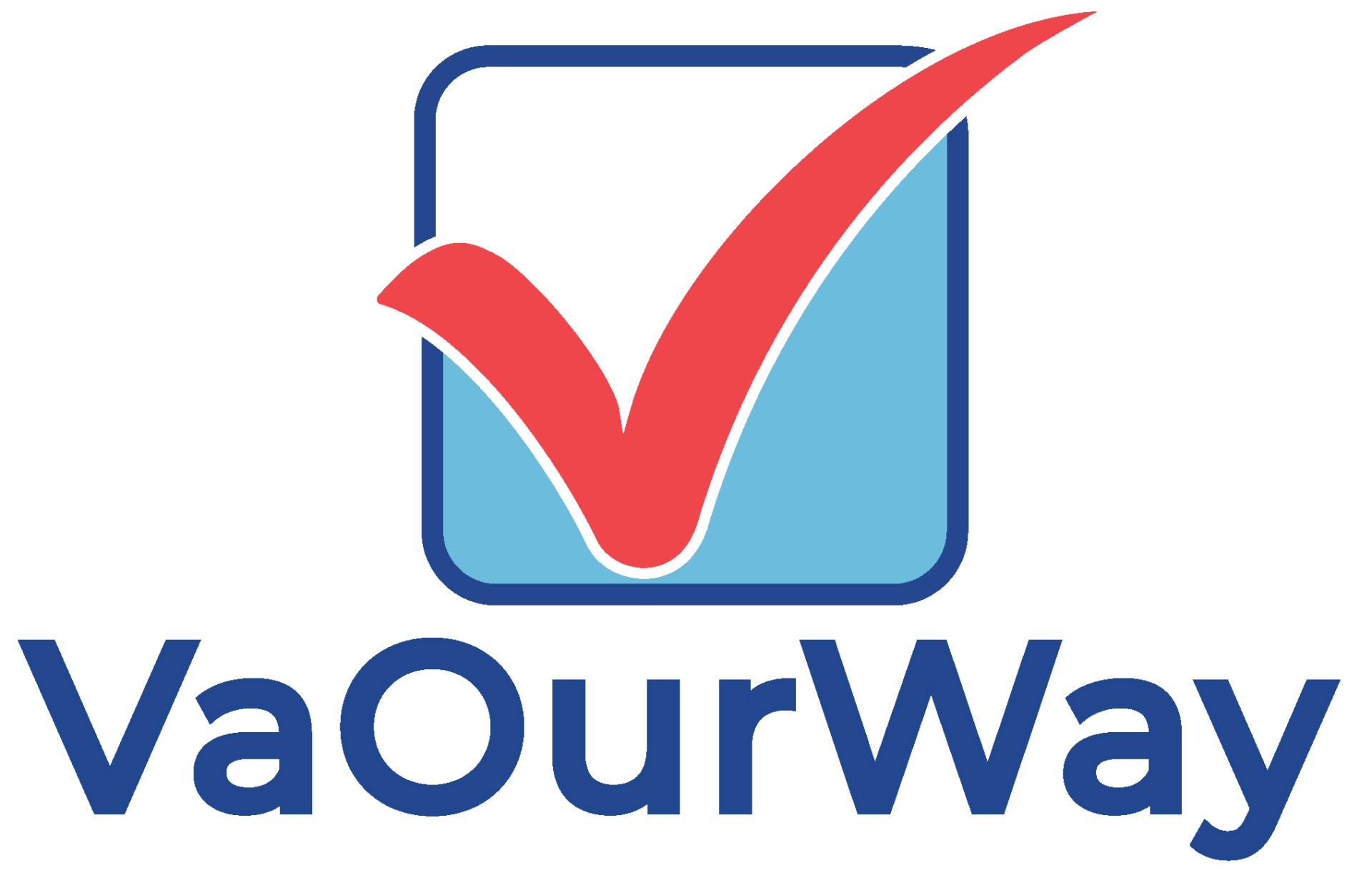Virginia's New $141 billion budget
Last Friday (October 16th), the General Assembly passed a new $141 billion budget prioritizing COVID-19 relief, capping a special session that began two months prior. The denouement of the marathon session wasn’t without a catch, however. The session was recessed - not adjourned - until voters decide on a referendum appearing on November’s ballot asking whether or not a constitutional amendment establishing a bipartisan commission for political redistricting should be established. The referendum has splintered the Democratic bloc, and in response, lawmakers have agreed to keep the budget open, buying time in the interim for Governor Ralph Northam (D) to submit redistricting language to the budget if the amendment passes, thus requiring legislators to briefly reconvene to vote on its final passage.
The biennial state budget, which projects how much money the state expects to earn in a two-year timeline and subsequently how every governmental program in Virginia is funded, had most recently been agreed to earlier this year to the tune of $135 billion before the coronavirus pandemic swept Virginia into economic and social uncertainty. Like most other states, Virginia faced dramatic decreases in revenue due to the pandemic, triggering Governor Northam to call for delays in the enactment of signature Democratic accomplishments made in the previous Regular Session, like increasing the minimum wage, and eventually an invocation for a special session in mid-August to revamp the damaged budget.
During the course of this unorthodox special session, lawmakers also narrowed in on police brutality and racial injustice following a dramatic summer of protest, sending a slate of criminal justice reform bills to the Governor’s desk for signatures. The updated budget includes new funding for these reforms and other priority areas related to the pandemic, like child care, housing, and hazard pay, as well as plans to spend the remaining federal CARES funds before the December 30 deadline, when any unspent money must be returned to the federal government. Here are the revisions to the budget you need to know about:
- $12 million to fund the new criminal justice and police reform measures, as well as $11 million to supply all law enforcement officers with a one-time $500 bonus;
- A universal moratorium on evictions for residential properties to the end of the year;
- A 60-day extension of the utility disconnection moratorium, to take effect after the end of the declared state of emergency or until economic or public health conditions improve, including the establishment of a repayment plan program for customers who owe money during the moratorium;
- $72 million in hazard pay (additional pay for performing work in hazardous conditions) for personal care attendants risking their lives caring for elderly Virginians or Virginians with disabilities;
- $76 million to support child care;
- $85 million for broadband expansion, with an additional $30 million allocated from CARES funding;
- $120 million for colleges and universities to help defray the costs of responding to COVID-19 and the adoption of online learning, including $220 million in relief funds for K-12 schools struggling with reopening;
- $210 million for unemployment assistance;
- $60 million for additional hospital reimbursements under Medicaid;
- and $25 million to retain providers of day support services (programming alternatives for individuals with developmental disabilities on Medicaid who are less interested in employment or who may require more therapeutic interventions in order to have a meaningful day), among myriad other line items
Overall, net new spending would increase by roughly $240 million, paid for with a blend of savings and nearly $187 million in cash the Northam administration had left unassigned to hedge against economic uncertainty. The issuance of these reforms and desperately-needed pandemic relief, however, hangs at a standstill. Virginians will have to wait until they decide the fate of the redistricting amendment on November 3rd before the new budget becomes law.





